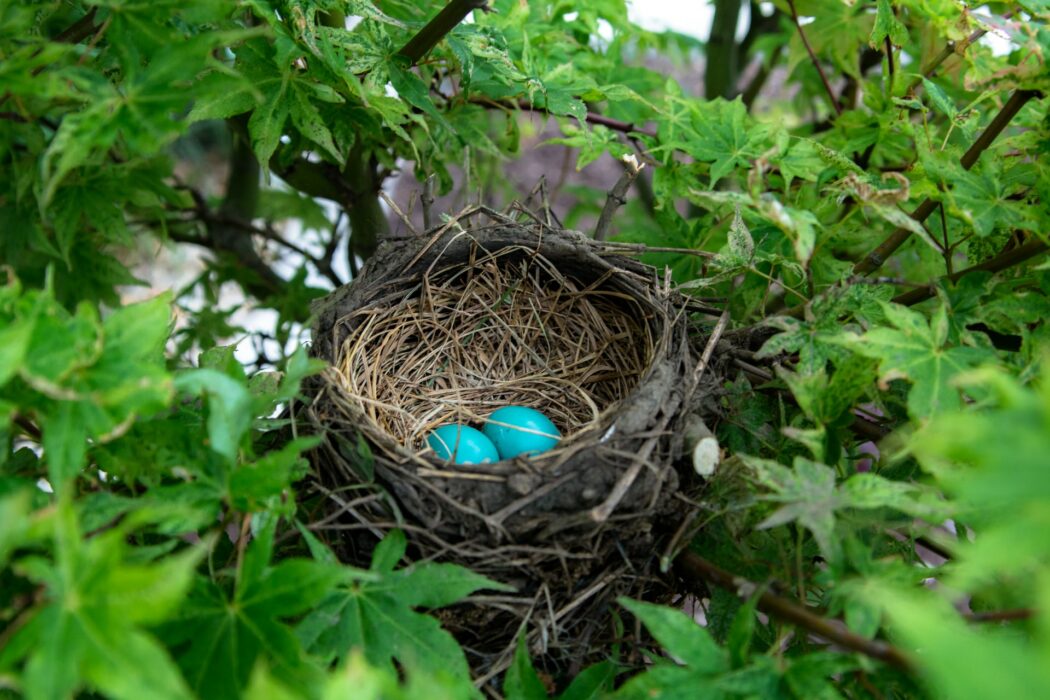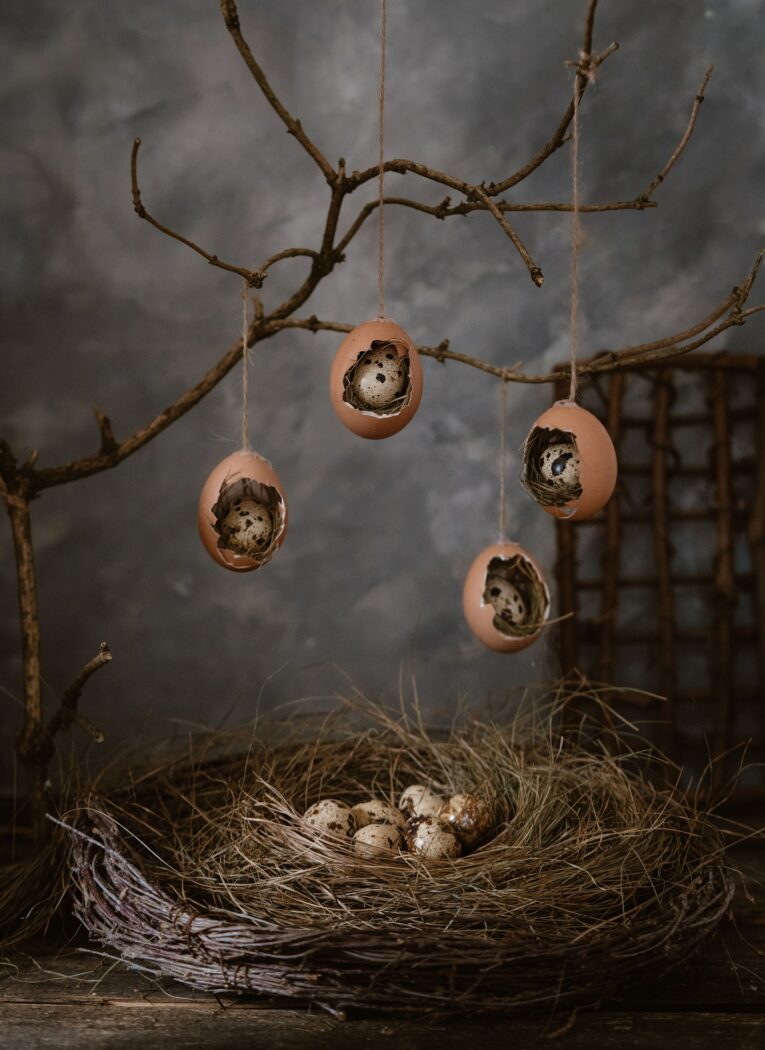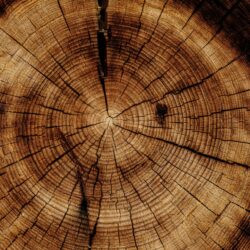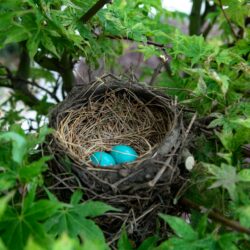
Do you like the smell of sulfur? Aren’t you worried about your blood cholesterol levels? Then you can become an oologist. Oology is the branch of ornithology that deals with the study of animal eggs, mostly birds. You may be surprised, but many people in the world collect eggs, and some collections are so extensive that they are worthy of display in museums.

To become an oologist, you must first of all study to become an ornithologist. The profession will be in demand in museums and zoos.
What do you know about oology?
The science of birds? The first thing that comes to mind is ornithology, but it turns out it’s not the only one. There is a section of zoology that studies animal eggs (mostly birds, of course). In addition, this science also involves collecting eggs and describing them in detail. It is called “oology.”
Since the 1800s, oology has been actively developed, mostly as a hobby. People collected collections of eggs from various birds – ootheca – and described the size, shape, and coloring of each egg. Unlike embryology, oology studies only the shell, not the contents of the eggs. The knowledge gained by oologists helps to provide insight into the population of a species, its evolution, and the environment and the area as a whole. Collecting eggs that does not involve scientific investigation is called “longophilia.”

This science is not as popular now as it was in the nineteenth century, because all specimens of eggs have already been described and studied in detail. The largest collection is at the Western Vertebrate Zoology Foundation in California, with over 800,000 specimens.
However, in some countries it is not allowed to collect the eggs of wild birds, it is considered poaching. For example, in the UK, the illegal harvesting and storage of eggs can lead to imprisonment for up to six months. Similar laws are in effect in some American states.
Last modified: 2022-11-25











